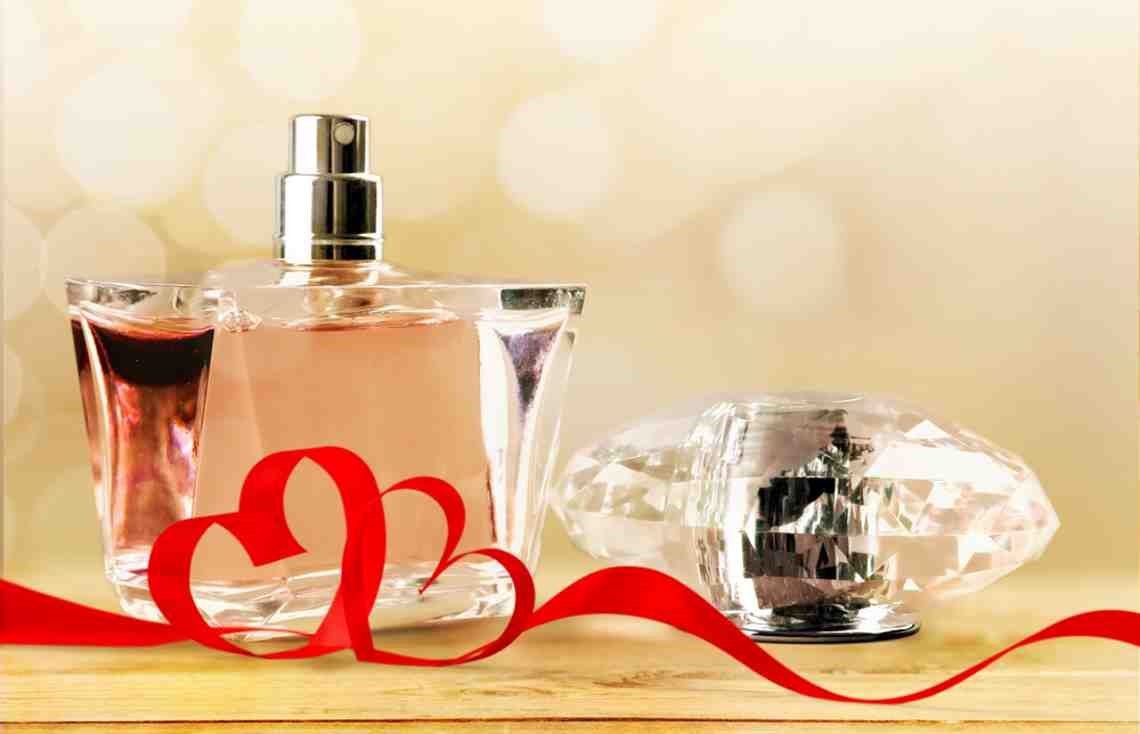- Improved Compliance
- Real Consumer Engagement
- Enable Digital Reorder
& Replenish
The Internet of Cosmetics
When we think of the Internet of Things, we think of smartphones, smart watches, smart TVs and other connected devices.
When we think of the Internet of Things, we think of smartphones, smart watches, smart TVs and other connected devices. However, what is much less commonplace to think about is how other seemingly non-technology driven industries are starting to use technology and IoT. Just about all industries in today’s world have been touched by IoT and connected devices. Therefore, the cosmetics industry is no different. IoT in cosmetics offers the opportunity to truly create an enhanced and unique experience for beauty lovers. Makeup and beauty could be changing drastically within the next couple of years, with steps already being taken to pump up the technology in makeup and cosmetics. Although there is still and long way to go and much to improve in the cosmetic industry and IoT correlation, there is a market for technologically enhances beauty products.
Firstly, we have seen major brands like Urban Decay and L’Oreal Paris implement augmented reality into their beauty brands. Although not IoT based, the implementation of technology in cosmetics has been the gateway to the introduction of IoT in the future of beauty products. Urban Decay has created an interactive app that allows customers to test out products before they actually purchase them. Essentially, the app will overlay their different shades of lipstick colors onto the user’s own lips so they can see what colors they like and what they do not. Similarly, L’Oreal Paris has also created an app where users can try on different kinds of makeup by overlaying lipstick, eyeliner, mascara, etc. onto the user’s own face. You can also test of different shades of foundation so you can feel more confident knowing you will find your perfect shade match.
This offers tons of value to customers because it takes the guesswork out of finding the perfect makeup colors and helps reduce the need to return used makeup. It also provides the customer with a more personalized and unique experience where they can also seek professional help and makeup advice. It is much more convenient for customers to virtual test new products they have not used before through augmented reality, rather than having to go to a store or take a chance buying a product online.
Exploring in more depth how the cosmetics industry plans to incorporate IoT into their makeup products, L’Oreal has suggested they are researching ways to make their makeup products connected. Connected cosmetic products could have the ability to help customers with future purchases, help advise customers on trying new shades of lipstick or new products that come out, help pick foundation colors, and much more.
In addition, it also has the ability to monitor when one’s foundation is running low so a new batch can be sent to the customer before they actually run out of the product. Dior has also developed a Skin Analyzer that is able to scan an individual’s face and suggest the perfect foundation or skincare product specific to each person’s skin type and needs. For instance, someone can go to a Dior makeup store, have their skin scanned by a device or mobile phone, and the algorithm used is able to pick the perfect color for foundation and suggest a foundation suitable for someone that has oily or dry skin. Again, this creates a personalized and accurate experience for customers so they can feel confident in their purchases.
Even taking things a step further with IoT and cosmetics, Mink, a US-based makeup company, has developed a 3D printer that is able to print makeup. This would essentially allow users to print personalized makeup products right in the comfort of their own home. Customers don’t just want products instantly, but they also want products that provide the exact color they are looking for – 3D printer makeup can provide just that. All one has to do is take a picture of a color they want their lipstick to be, send it to the printer, and it will match the hue with said picture to print out that exact color lipstick.
Although there is still a lot to learn and a long way to go before the cosmetic industry sees a fully incorporated IoT system, huge steps are being taken by industry leaders to make sure connected makeup and technologically driven makeup products will be available to the public sooner rather than later.

